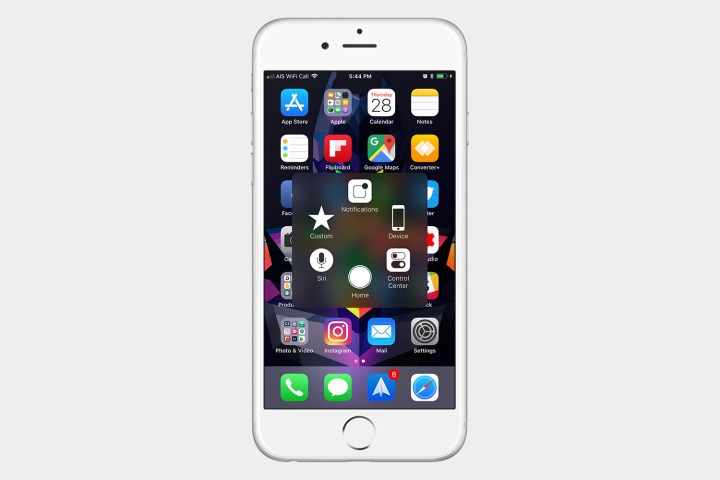
TechCrunch reports that Futuremark, the maker of numerous pieces of benchmarking software, has concluded a years-long test involving more than a hundred thousand iPhones, and the data refutes the old rumors that Apple is deliberately slowing things down.
Futuremark tests involved the Phone 5s, 6, 6s, and 7 and found that there was no evidence of deliberate slowdowns. In the case of the iPhone 5s, which was released in 2013, GPU and CPU performance remained consistent from iOS 9 to the recently released iOS 11. There were some minor variations, but those all fell within normal ranges.
In the case of the other models, GPU performance remained consistent over time, but there was a slight drop in CPU performance. Futuremark noted that these could have been influenced by iOS updates, but stressed that normal users would be unlikely to notice them in regular use.

As far as the origins of these rumors, Futuremark offered a few theories. For starters, apps may be one of the biggest contributing factors to actual slowdowns. Older apps might not optimized for the newer version of iOS, resulting in less optimization. On the other hand, apps designed for new devices might not run as well on older smartphones though that is on the app developers rather than Apple.
Futuremark did concede that one area in which iOS updates may be responsible for slowdowns is the addition of new features. New versions of iOS may add new features that take up more processing power, causing older phones to slow down.
Overall, however, Futuremark concluded that rather than slowing down their old devices, Apple was actually doing a good job of supporting them by providing updates which maintain a consistent level of quality across multiple versions of the OS.
Editors' Recommendations
- This one Apple Fitness feature completely changed how I exercise
- An Apple insider just revealed how iOS 18’s AI features will work
- iPhone 16: news, rumored price, release date, and more
- iPhone SE 4: news, rumored price, release date, and more
- 3 reasons why I’ll actually use Anker’s new iPhone power bank


